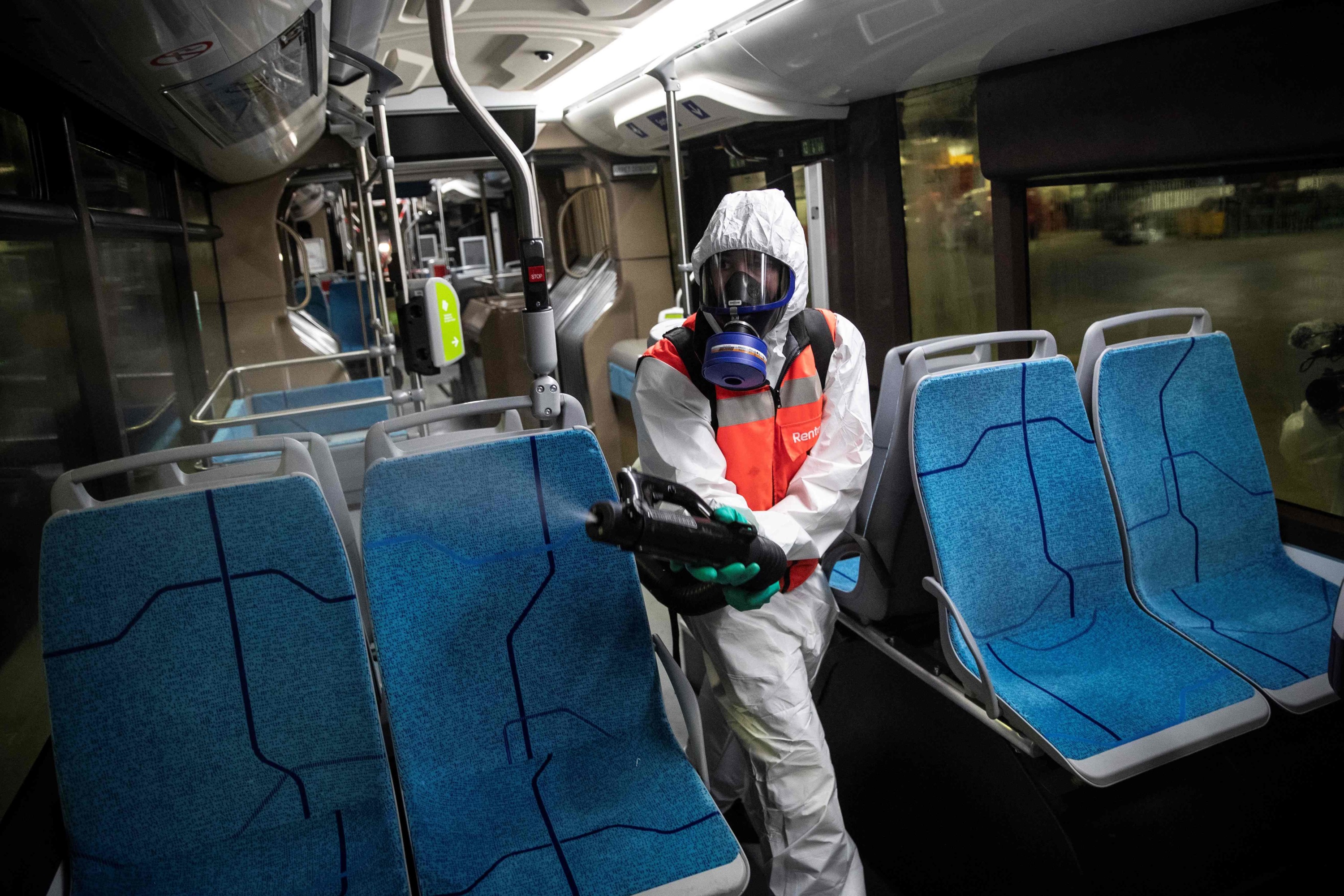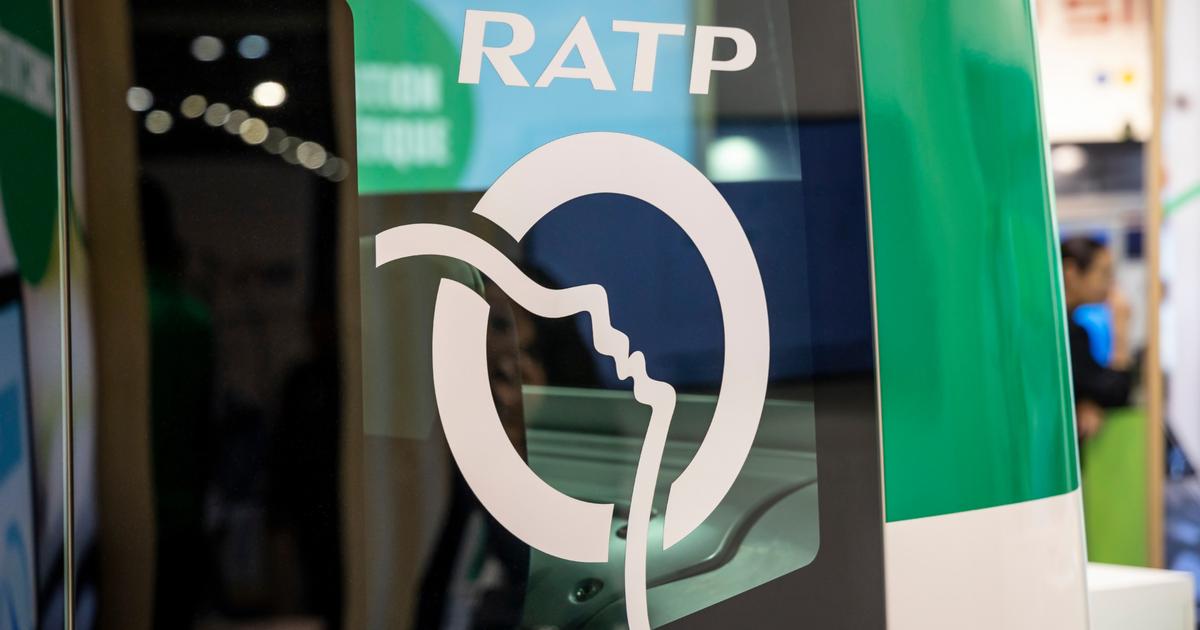Will the RATP be ready to face the unprecedented challenge of deconfinement? According to her boss, yes. Auditioned in the Senate, Catherine Guillouard returned to the way in which the Ile-de-France governance was getting into battle order to successfully overcome this milestone which presents itself as a puzzle surrounded by uncertainty.
Read also: Masks, filtering, disinfection: the SNCF details its plan for deconfinement
Overall, to manage travelers and ensure compliance with barrier measures, the RATP intends to play on supply and demand. Demand, first, by inviting companies to continue teleworking as much as possible, " as much as during confinement, by pushing everyone to favor" alternative mobility solutions "and by supporting the shift in office hours to better distribute the flows.
The offer, then: as of May 11, the RATP network should operate at around 75% of its capacity, a rate slightly higher than what was announced at the end of April. In detail, the metro network will be 75% functional on average and even more so on certain structuring lines, such as line 13 (85%) or automatic lines (100%). The RER network will also operate at 75%, as will the buses. The tram network, meanwhile, will be active " between 80% and 100% ".
However, in order to ensure compliance with barrier gestures, including social distancing, the management will limit its " passenger carrying capacity to 15% of normal ". In other words, if a large number of rolling stock will be available, they will have to accommodate fewer travelers, who will have to stay further apart. The company is not currently able to know if the flows will be significant from the first day of the deconfinement, but it expects a " disaffection of travelers " which would help it to restart the activity in good conditions.
Gels, distancing and masks
In addition, RATP will deploy a battery of measures throughout its network. One million stickers were placed in fifteen days, masks and gel will be offered in distributors and shops present in its infrastructure and fifty distributors of hydroalcoholic gel will be installed on May 11, in priority in stations hosting a high attendance. Ultimately, by mid-June, RATP hopes to deploy “ more than 1000 ” distributors on its network. One seat out of two will be offered on the platforms, as in vehicles. The management will also increase the cleaning and disinfection of its equipment, a decision that will have a cost: established at 90 million euros in 2019, its cleaning budget could jump to 160 million euros this year.
However, " all of this only works if travelers adopt new reflexes ", qualified Catherine Guillouard. The group therefore calls on “ civic-mindedness ” and “ everyone's efforts ”, via a “ responsibility pact ”, so that barrier actions are respected. In particular, it asks its customers to wear a mask over its entire network. The first week, " we will try to provide extra masks, " said the CEO. To ensure compliance with the rules, the RATP will deploy, on May 11, 3,000 agents " dedicated exclusively to channeling flows and respecting physical distance ". These will be supported by 150 " external security personnel ".
Insufficient human resources
However, these considerable resources will remain largely insufficient to cover all of the 12,300 bus stops and thousands of railway stations in the network. " We don't have the human resources to control everything, so we need some form of discipline, " said the boss of the company. The RATP has therefore transmitted three scenarios to the government, in which it requires between 1,000 and 5,000 additional reinforcements to monitor its lines. Law enforcement could in particular be deployed " outside the rights-of-way to channel incoming flows into stations ". The company will also report to authorities " situations that could be difficult " on its network. The size of the reinforcements required will depend on the behavior of the travelers, their number, the requirements of the State and the transport plan in place.
" We are the weapon on foot to succeed in this deconfinement, " hammered Catherine Guillouard, stressing the " flawless " commitment of her teams since the beginning of the crisis. Discussions are currently taking place with the social partners to allay their fears about the resumption of work, but the PDG pointed out that she could not give them a precise answer until the executive released its conclusions on the RATP scenarios. " The fact of not having the transport plan is not a helping factor ," she said.
Financially, the crisis should also be heavy to bear: between mid-March and May 11, the RATP estimated its economic losses at around " 320 million euros ". In 2020, the crisis should have an impact established between 300 and 350 million euros, a sum to which are added the 60 million losses caused by the strikes in January, for a total expected " between 350 million and 400 million euros ”.









